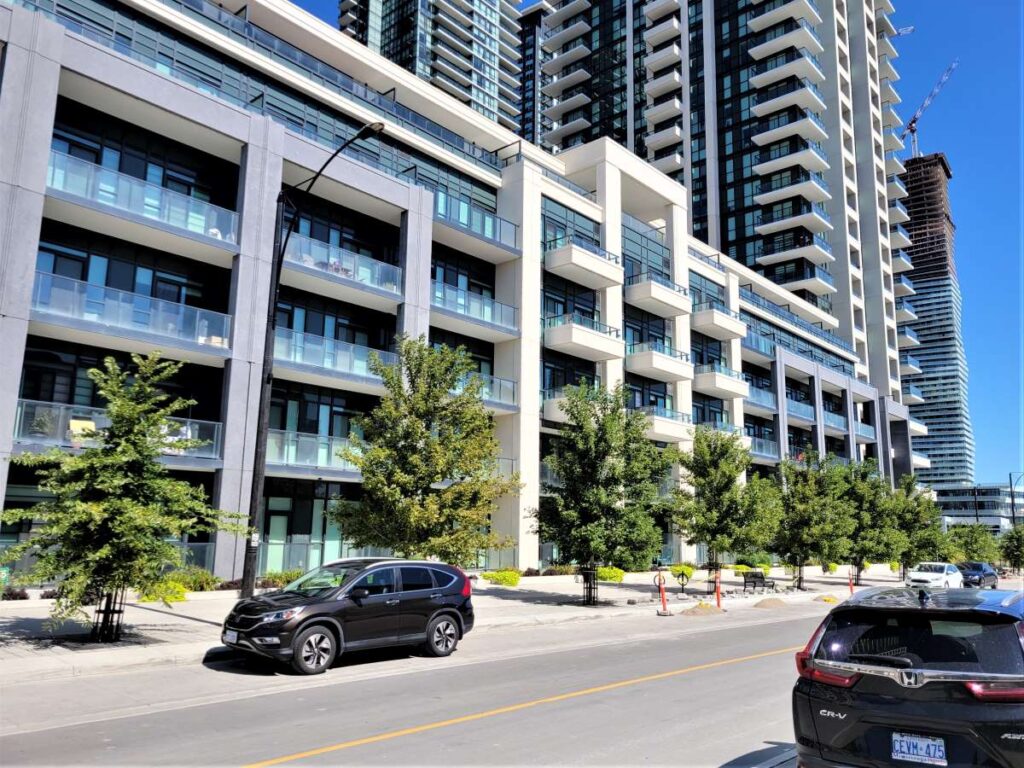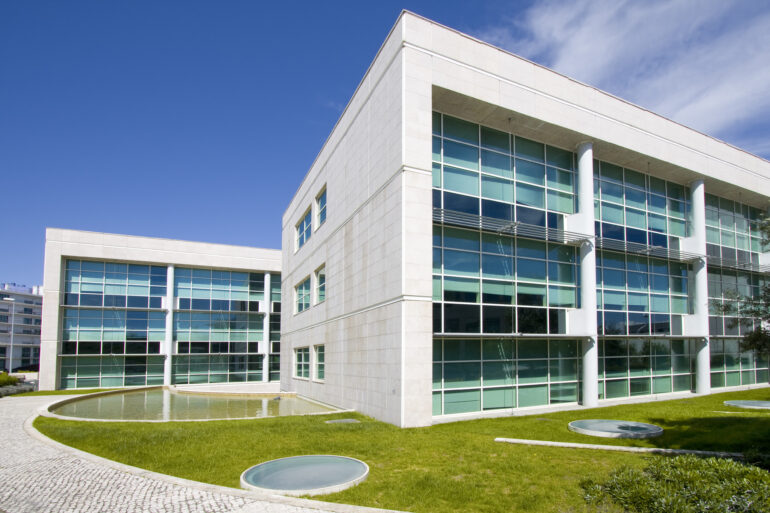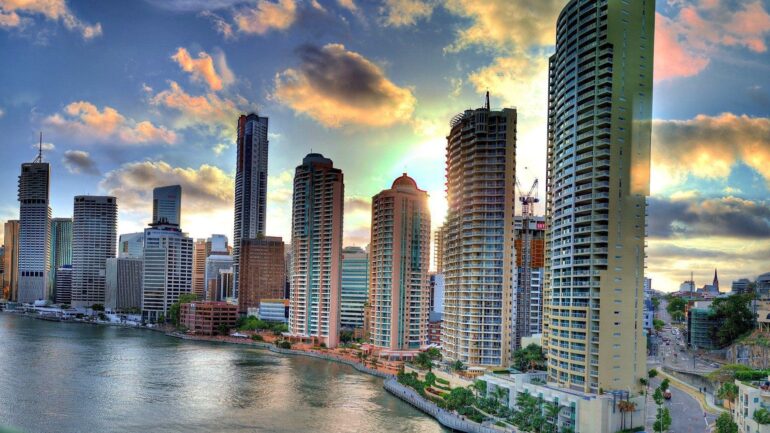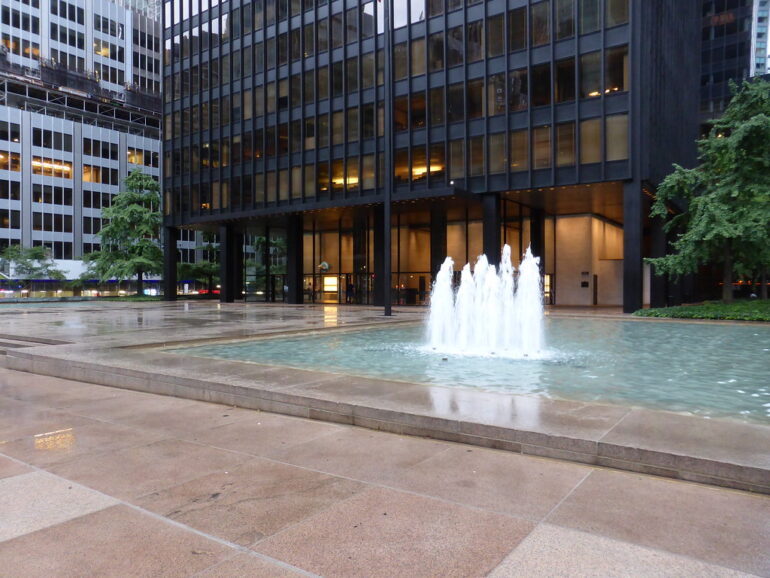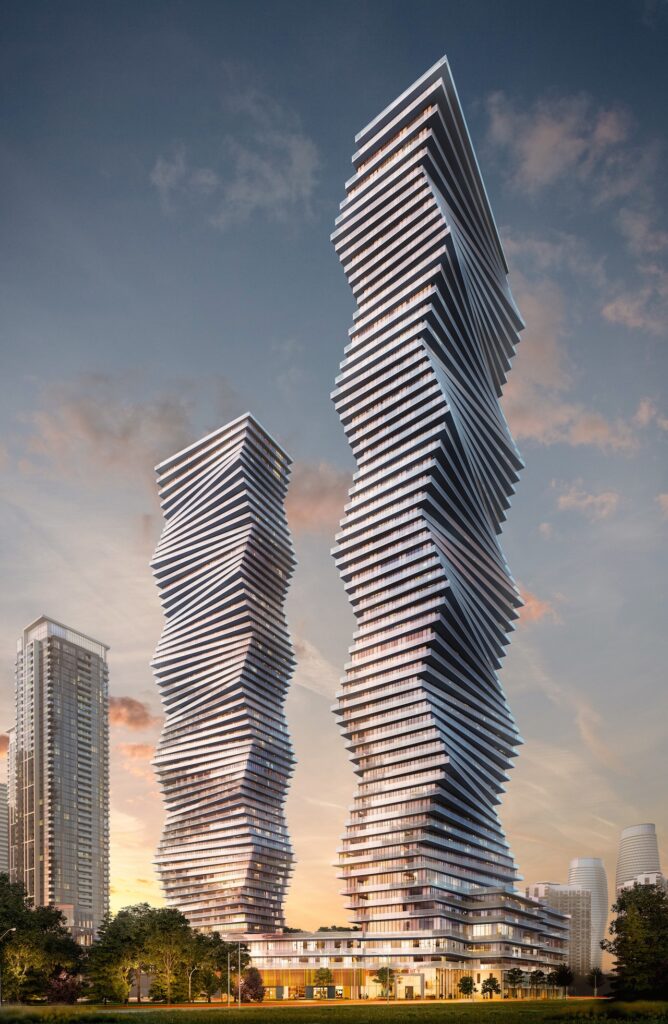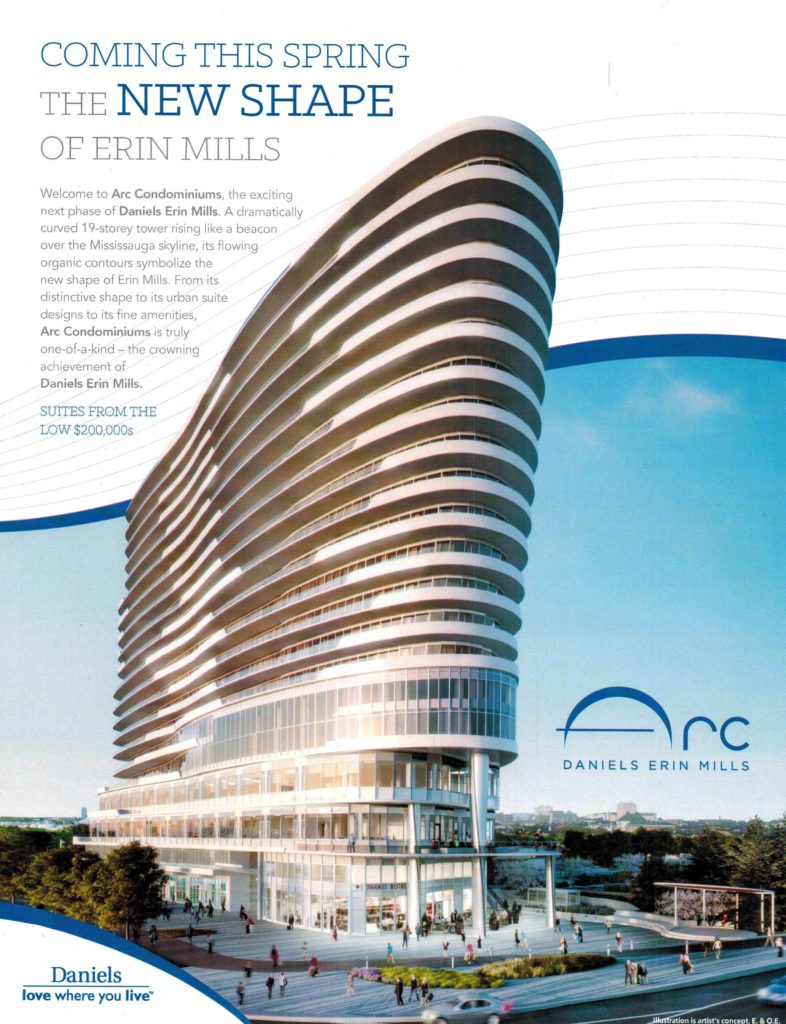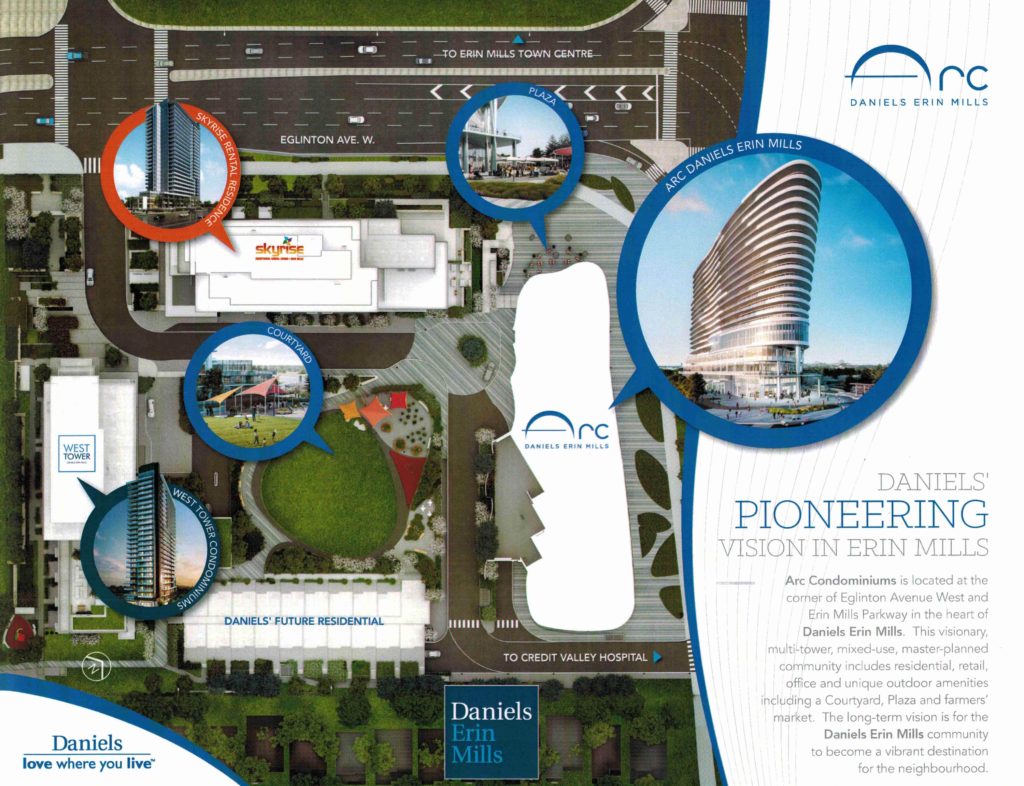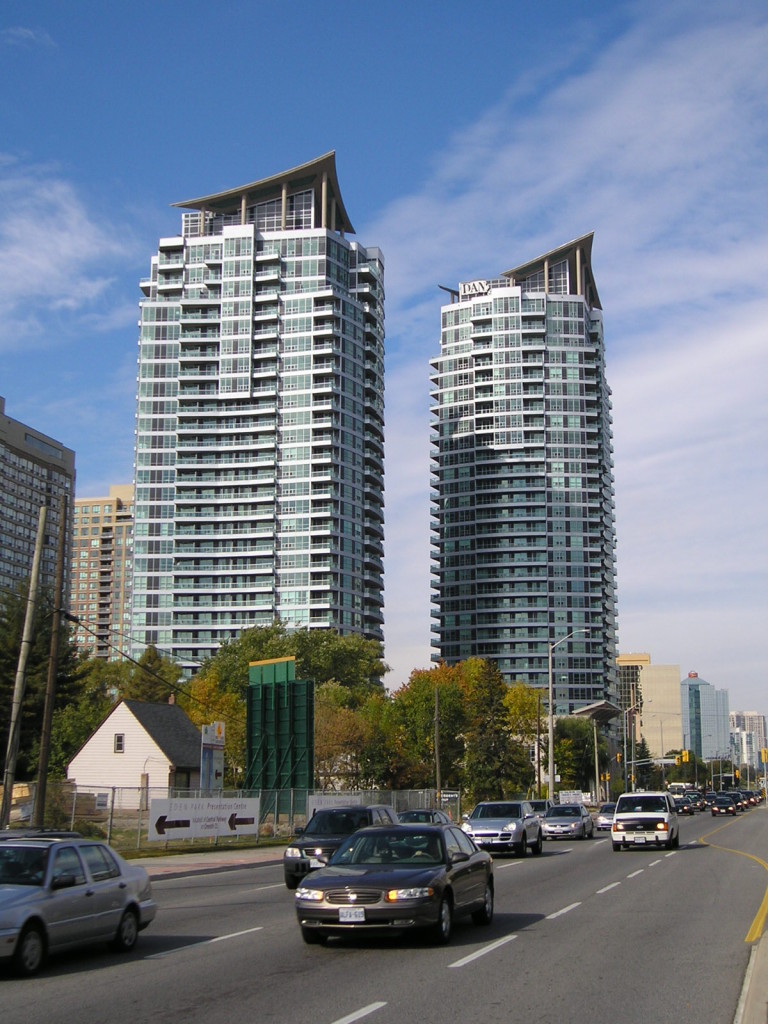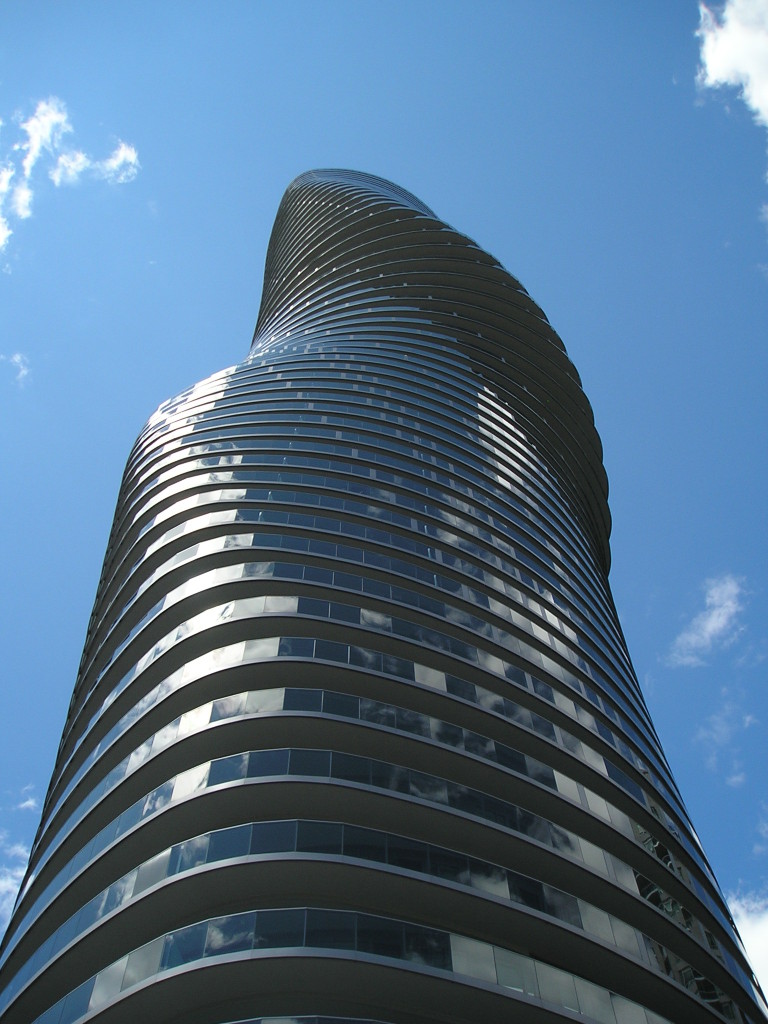I read once that if you took all the real estate lawyers in Illinois and laid them end to end along the equator – it would be a good idea to leave them there. That’s what I read. What do you suppose that means?
I have written before about the need to exercise due diligence when purchasing commercial real estate. The need to investigate, before Closing, every significant aspect of the property you are acquiring. The importance of evaluating each commercial real estate transaction with a mindset that once the Closing occurs, there is no going back. The Seller has your money and is gone. If post-Closing problems arise, Seller’s contract representations and warranties will, at best, mean expensive litigation. CAVEAT EMPTOR! “Let the buyer beware!”
Paying extra attention at the beginning of a commercial real estate transaction to “get it right” can save tens of thousands of dollars when the deal goes bad. It’s like the old Fram® oil filter slogan during the 1970’s: “You can pay me now – or pay me later”. In commercial real estate, however, “later” may be too late.
Buying commercial real estate is NOT like buying a home. It is not. It is not. It is NOT.
In Illinois, and many other states, virtually every residential real estate closing requires a lawyer for the buyer and a lawyer for the seller. This is probably smart. It is good consumer protection.
The “problem” this causes, however, is that every lawyer handling residential real estate transactions considers himself or herself a “real estate lawyer”, capable of handling any real estate transaction that may arise.
We learned in law school that there are only two kinds of property: real estate and personal property. Therefore – we intuit – if we are competent to handle a residential real estate closing, we must be competent to handle a commercial real estate closing. They are each “real estate”, right?
ANSWER: Yes, they are each real estate. No, they are not the same.
The legal issues and risks in a commercial real estate transaction are remarkably different from the legal issues and risks in a residential real estate transaction. Most are not even remotely similar. Attorneys concentrating their practice handling residential real estate closings do not face the same issues as attorneys concentrating their practice in commercial real estate.
It is a matter of experience. You either know the issues and risks inherent in commercial real estate transactions – and know how to deal with them – or you don’t.
A key point to remember is that the myriad consumer protection laws that protect residential home buyers have no application to – and provide no protection for – buyers of commercial real estate.
Competent commercial real estate practice requires focused and concentrated investigation of all issues material to the transaction by someone who knows what they are looking for. In short, it requires the exercise of “due diligence”.
I admit – the exercise of due diligence is not cheap, but the failure to exercise due diligence can create a financial disaster for the commercial real estate investor. Don’t be “penny wise and pound foolish”.
If you are buying a home, hire an attorney who regularly represents home buyers. If you are buying commercial real estate, hire an attorney who regularly represents commercial real estate buyers.
Years ago I stopped handling residential real estate transactions. As an active commercial real estate attorney, even I hire residential real estate counsel for my own home purchases. I do that because residential real estate practice is fundamentally different from commercial real estate.
Maybe I do “harp” on the need for competent counsel experienced in commercial real estate transactions. I genuinely believe it. I believe it is essential. I believe if you are going to invest in commercial real estate, you must apply your critical thinking skills and be smart.
POP QUIZ: Here’s is a simple test of YOUR critical thinking skills:
Please read the following Scenarios and answer the questions TRUE or FALSE:
Scenario No. 1: It’s Valentine’s Day. You are in hot pursuit of the love of your life. A few weeks ago, she confided in you that all she ever dreamed of for Valentine’s Day was that her lover would show up at her door, dressed in a white tuxedo with tails and a top hat, and present her with a beautiful bouquet of flowers. You’ve rented the tuxedo, but now you are concerned about how much money you are spending.
TRUE OR FALSE: Since flowers are pretty much all the same, it is OK for you to skip the roses and show up with a bouquet of fresh yellow dandelions.
Scenario No. 2: For several years you eyesight deteriorated to the point where you can barely see your alarm clock. You are now considering corrective eye surgery so you won’t need glasses. Your sister-in-law had corrective eye surgery and has had spectacular results. She recommends her eye surgeon, but mentions the cost is about $5,700 for both eyes and that the surgery is not covered by insurance. A few years ago, you had surgery to correct your hemorrhoids and it cost you only eight hundred bucks.
TRUE OR FALSE: Since surgeons all went to medical school and are all medical doctors, you are being frugal and wise by asking the surgeon who performed your hemorrhoid surgery to perform your corrective eye surgery.
Scenario No. 3: Several years ago, when you first got married, you asked a former classmate who is a lawyer to represent you in the purchase of your townhome. The cost was only $375. A year later, you started a family and decided you needed a Will. The same attorney prepared Wills for you and your wife for a total cost of $700. You started your own business and your attorney friend formed a corporation for you and charged you only $600 plus the cost of the corporate minute book. Years later, when your son was arrested for misdemeanor reckless driving, your attorney friend handled the criminal case and got your son off with supervision for only $1,500.
Your business has been successful and you have built a pretty sizable nest egg, but you are tired of working for every dime and want to try investing in real estate. You have your eye on a strip shopping center. It includes a grocery store, bank, hardware store, dry cleaners (on a month to month tenancy), a couple of fast food restaurants, a gift shop, dental office, bowling alley (with a lease about to expire), and wraps behind a gas station/mini-mart on the corner. The purchase price is $8,000,000, but the net operating income looks pretty good. You figure if you turn the bowling alley into a full service restaurant/banquet facility, and convert the dry cleaners into a 24-hour coin laundry, the net operating income will increase and the shopping center will turn into a spectacular investment. You plan to pull together much of your life savings and put down $2,000,000 to buy this strip shopping center, borrowing the balance of $6,000,000. You remember that your lawyer friend handled the purchase of your home several years ago, so you know he handles real estate.
TRUE OR FALSE: Commercial real estate is the same as residential real estate [Hey, its all dirt, isn’t it (?)], so you are being a shrewd businessman by hiring your lawyer friend who will charge much less than a lawyer who handles shopping center purchases several time a year. [What is this “due diligence” stuff anyway?]
ANSWERS:
If you answered “TRUE” for any of the foregoing Scenarios
STOP!
The Quiz is over.
Please find a quite place to reflect upon your life and consider whether the decisions you make consistently give you the results you desire.
If, on the other hand, you understand that the answer to each of the foregoing questions is FALSE, I am available to help you in Scenario No. 3.
For Scenario No. 2, you should follow your sister-in-law’s suggestion and contact her eye surgeon, or some other eye surgeon with equal skill.
For Scenario No. 1, you are on your own. [But, if you answered TRUE for Scenario No. 1, you may be FOREVER on you own.]
Investing in commercial real estate can be profitable and rewarding – but it requires good critical thinking skills and competent counsel.
You have a have a brain. It is strongly recommended that you use it.
